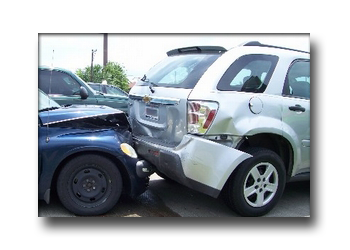Winter Promotes Brake Line Failures

The brake lines are made of steel and are located under the vehicle which makes them susceptible to corrosion induced by road salt and other contaminants prevalent on the highway. Whether because of the extended length of time vehicles are staying on the road or the chemicals applied to assist winter driving, brake line failures are happening more often.
And, if a brake line has ruptured pumping the brakes may not help.
Brake line corrosion is cumulative, and here in New Jersey the salt and synthetic ice melt materials have been associated with accelerated fatigue in metal brake lines. Even brake lines coated with aluminum alloy will eventually breakdown.
Never allow a repair shop to fix a ruptured brake line with a slice and/or compression fitting. It is much better and safer to replace the brake line from end to end.
Braided stainless brake lines are more durable (and a lot more costly!) but they too should be checked frequently. Dirt or grit gets into the braid and slowly abrades the stainless wires. Also, the crimped ends create stress concentrations on the wires in the braid.
At Lebanon Friendly Sunoco our ASE-certified technicians know to inspect the brake lines for damage or corrosion with every routine service, like an oil change or tire rotation. Just like your brake pads need to be checked periodically to avoid a serious mishap, so do your brake lines.



One Comment
Leave a commentBrian Marks
February 15, 2013 at 5:56 pm
This is great, THANK YOU!